‘I find it a pretty big turnoff’ — Why Mark Zuckerberg thinks closed source AI competitors are harming the industry
Mark Zuckerberg framed Meta as the leading open source alternative on the AI market in a recent interview

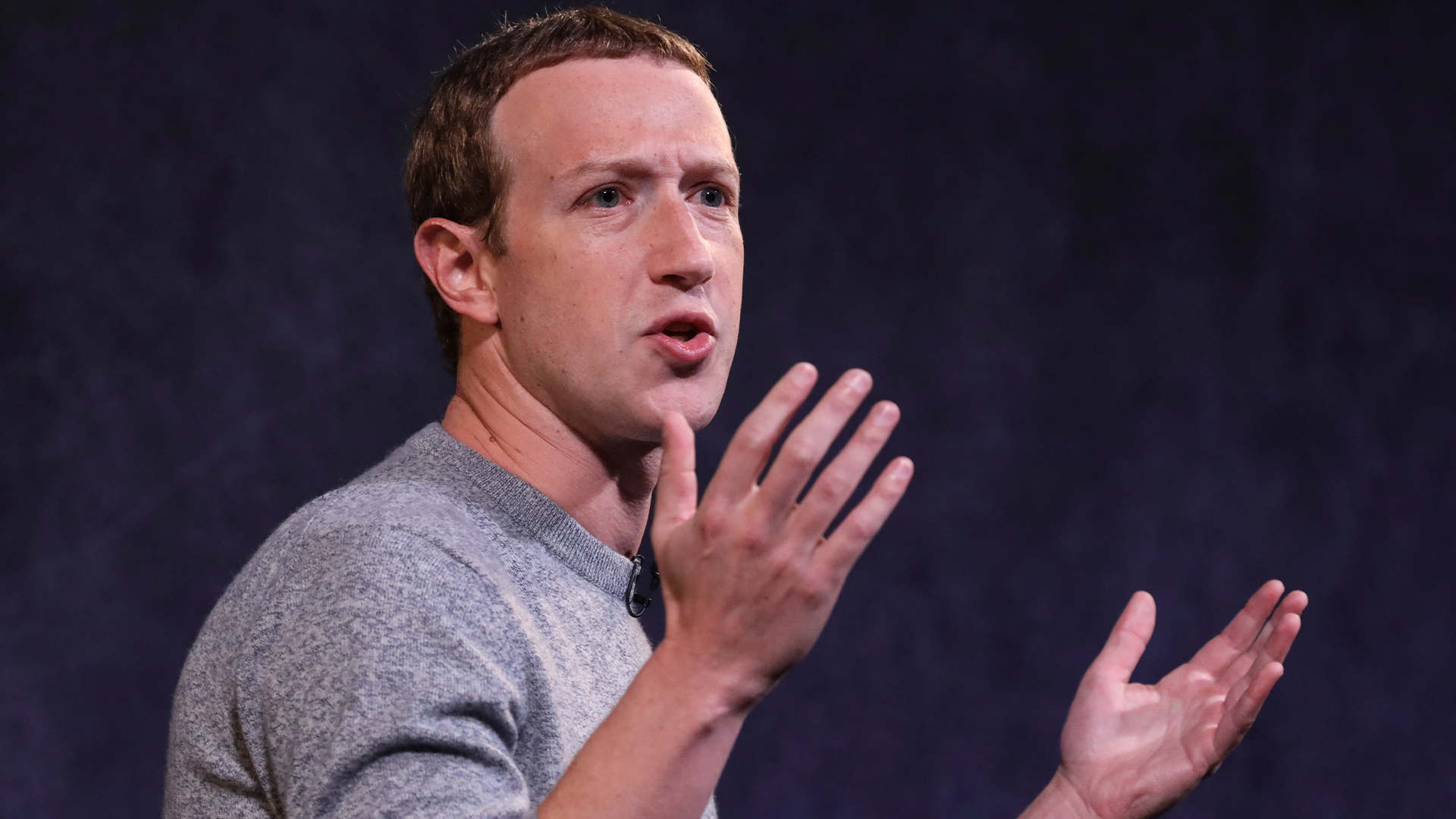
Meta CEO Mark Zuckerberg took shots at competitors for pursuing a ‘closed source’ approach to AI development in a recent interview, even though experts have been skeptical of defining the company's Llama large language model (LLM) as fully open source.
Sitting down with entrepreneur-focused YouTube channel Kallaway, Zuckerberg covered ground on Meta’s AI game plan and its vision for the space, taking a moment to express his concerns about other attitudes to the technology.
Zuckerberg said he doesn’t think AI technology should be “hoarded” so that individual companies can take ownership and keep hold of it to “build whatever central, single, product that they’re building”.
“I find it a pretty big turnoff when people in the tech industry kind of talk about building this one true AI,” he said.
For Zuckerberg, the future is “not going to be one AI” but rather many different options with different people and alternative possibilities for creation.
"That's partially why I believe so much in open source,” he added.
Expanding on this point, Zuckerberg hinted at the role AI developers and providers play in empowering users to add to the busy ecosystem of models and tools currently available.
Sign up today and you will receive a free copy of our Future Focus 2025 report - the leading guidance on AI, cybersecurity and other IT challenges as per 700+ senior executives
While part of this role involves AI companies “building tools for creators and for users” that will allow them to build their own versions of AI, part of the role is “the open source thing too”.
Open source creates an environment where “other companies out there can create different things and people can just hack on it themselves”, he said.
Is Meta pursuing a 'true' open source approach to AI?
Despite being a strong proponent of open source AI development, some industry stakeholders have questioned whether the tech giant can fully argue its offerings are open source by definition.
Speaking to ITPro in April, OpenUK CEO Amanda Brock described the firm’s most recent model, Llama 3, as “not truly, 100% open source”.
This is because its terms and conditions stipulate cooperation with Meta upon reaching certain levels of commercialization.
While Brock commended Meta’s movement in the “direction of openness”, she argued that the firm's AI models are not open source in the truest sense of the phrase.

Arun Chandrasekaran, distinguished VP analyst at Gartner, told ITPro that Meta has certain competitive desires in the AI market that ultimately restrict the openness of its models.
The company doesn't want its core competitors to benefit from its models, Chandrasekaran suggested, which is why it has certain limitations built in.
AI and open source is an ongoing talking point
Meta isn't the only firm touting its open source AI credentials, either. Most notably, French-based startup Mistral AI has framed itself as a leading proponent of open source AI development in Europe.
The company has imposed some restrictions on its offerings, however.
In May, Mistral unveiled the launch of its new 'Codestral' coding assistant in a direct bid to compete with platforms such as Meta's own Code Llama. In this instance, Mistral described Codestral as an “open-weight” generative AI model in its blog post, meaning it’s not strictly ‘open source’ by most definitions.
RELATED WHITEPAPER
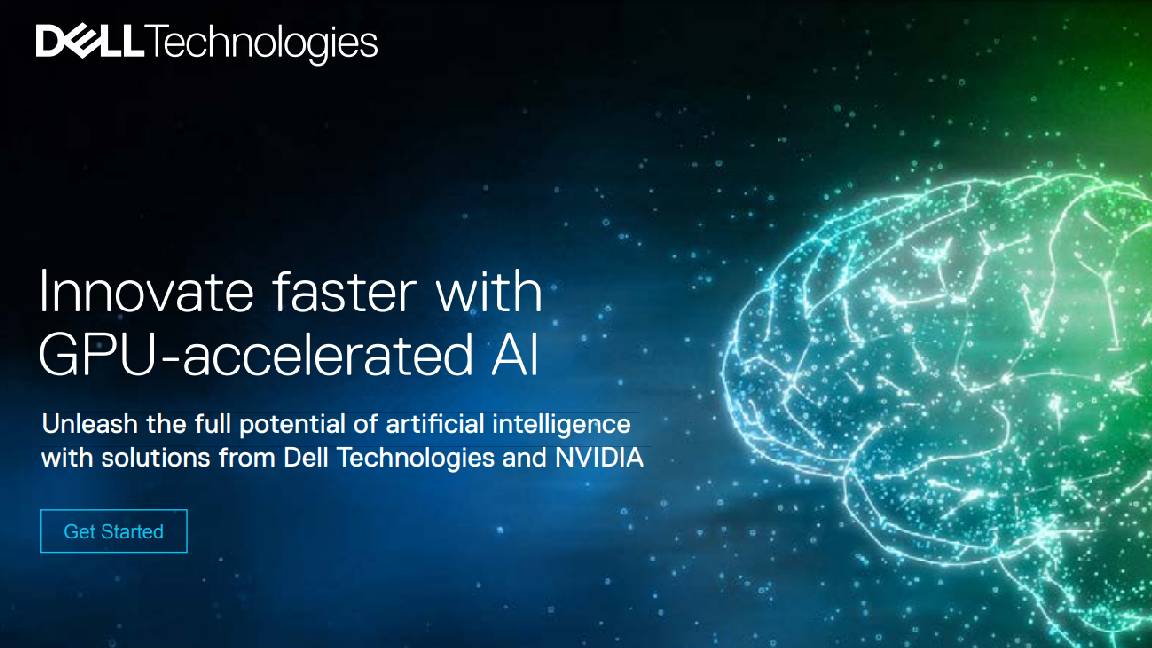
Elsewhere, Databricks released its own open source DBRX model earlier this year as part of efforts to “democratize” the training and tuning of LLMs.
Once again, Brock was skeptical of the open source claim, telling ITPro at the time that this operates on a license separate from the Open Systems Interconnection (OSI) jurisdiction.
The Linux Foundation announced the Open Platform for Enterprise AI (OPEA) earlier this year, which will look at creating a gradient system for standardizing open source definitions in AI.

George Fitzmaurice is a former Staff Writer at ITPro and ChannelPro, with a particular interest in AI regulation, data legislation, and market development. After graduating from the University of Oxford with a degree in English Language and Literature, he undertook an internship at the New Statesman before starting at ITPro. Outside of the office, George is both an aspiring musician and an avid reader.
-
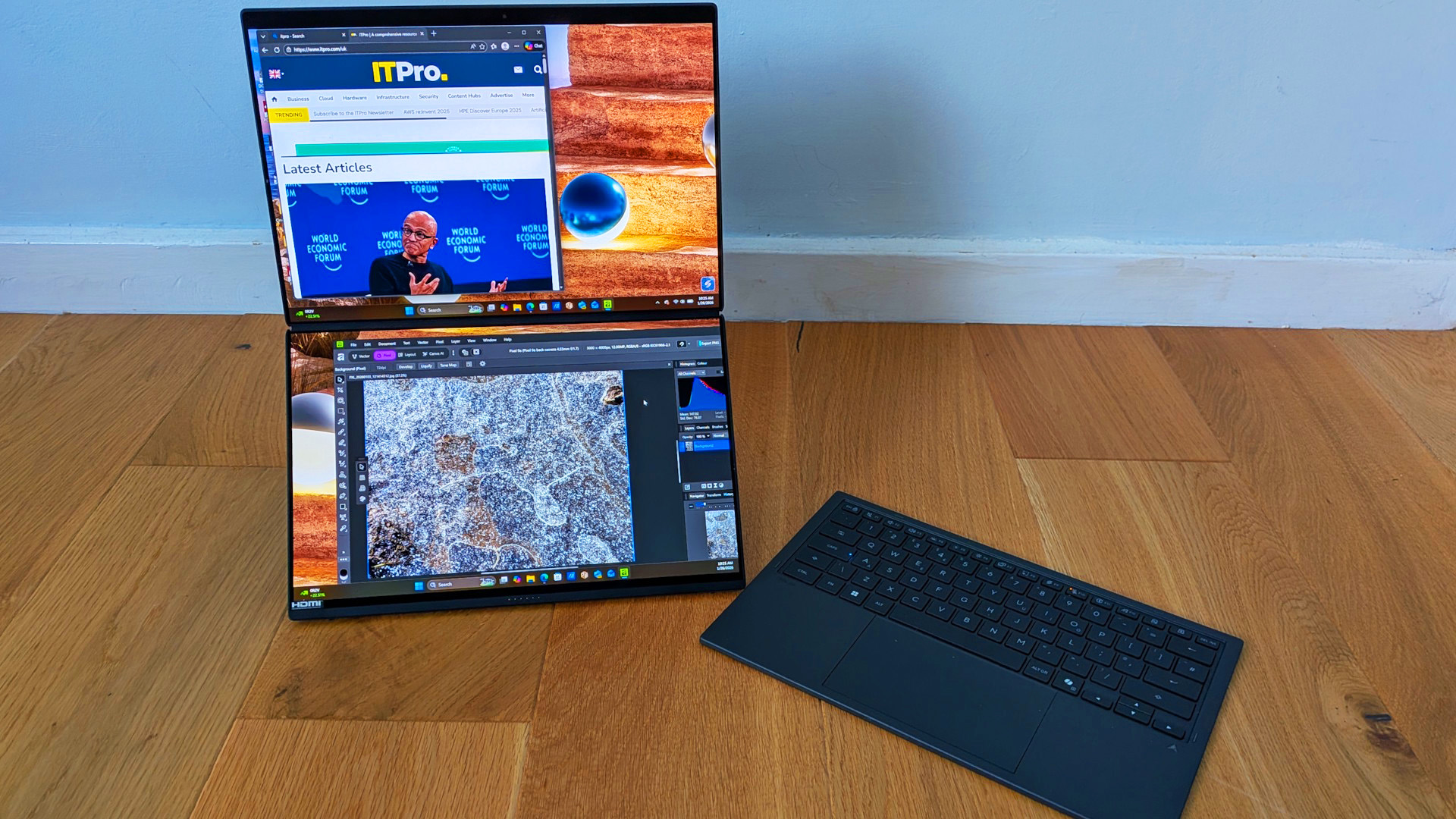 Asus Zenbook DUO (2026) review
Asus Zenbook DUO (2026) reviewReviews With a next-gen processor and some key design improvements, this is the best dual-screen laptop yet
-
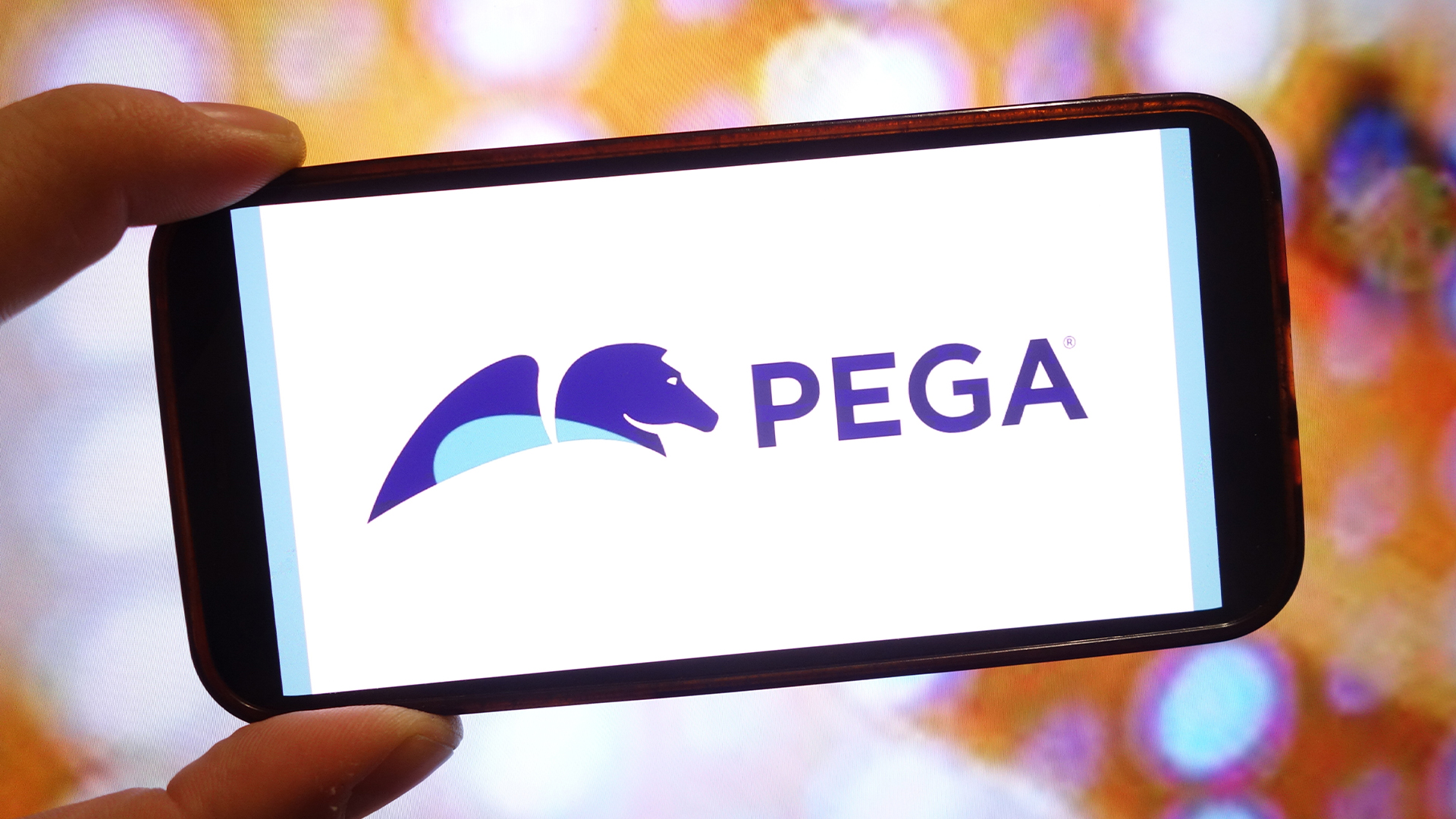 Pegasystems wants to help you modernize outdated Lotus Notes applications
Pegasystems wants to help you modernize outdated Lotus Notes applicationsNews The Notes to Blueprint tool lets enterprises understand their Lotus Notes estates and get rid of broken workflows
-
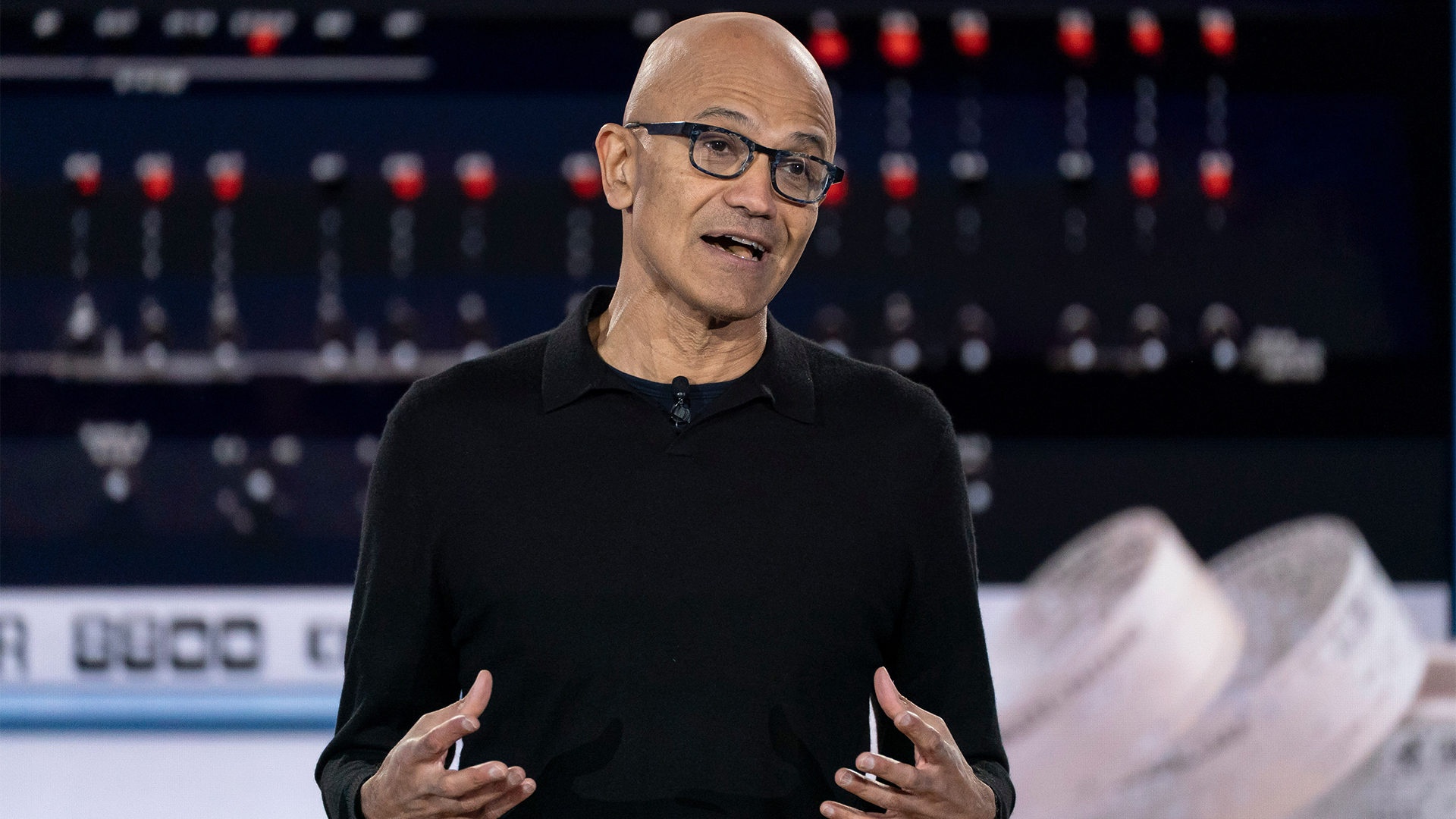 ‘Developers will need to adapt’: Microsoft CEO Satya Nadella joins Google’s Sundar Pichai in revealing the scale of AI-generated code at the tech giants – and it’s a stark warning for software developers
‘Developers will need to adapt’: Microsoft CEO Satya Nadella joins Google’s Sundar Pichai in revealing the scale of AI-generated code at the tech giants – and it’s a stark warning for software developersNews Microsoft CEO Satya Nadella is the latest big tech figure to reveal the scale of AI-generated code at the tech giant, prompting more questions about the future of software development.
-
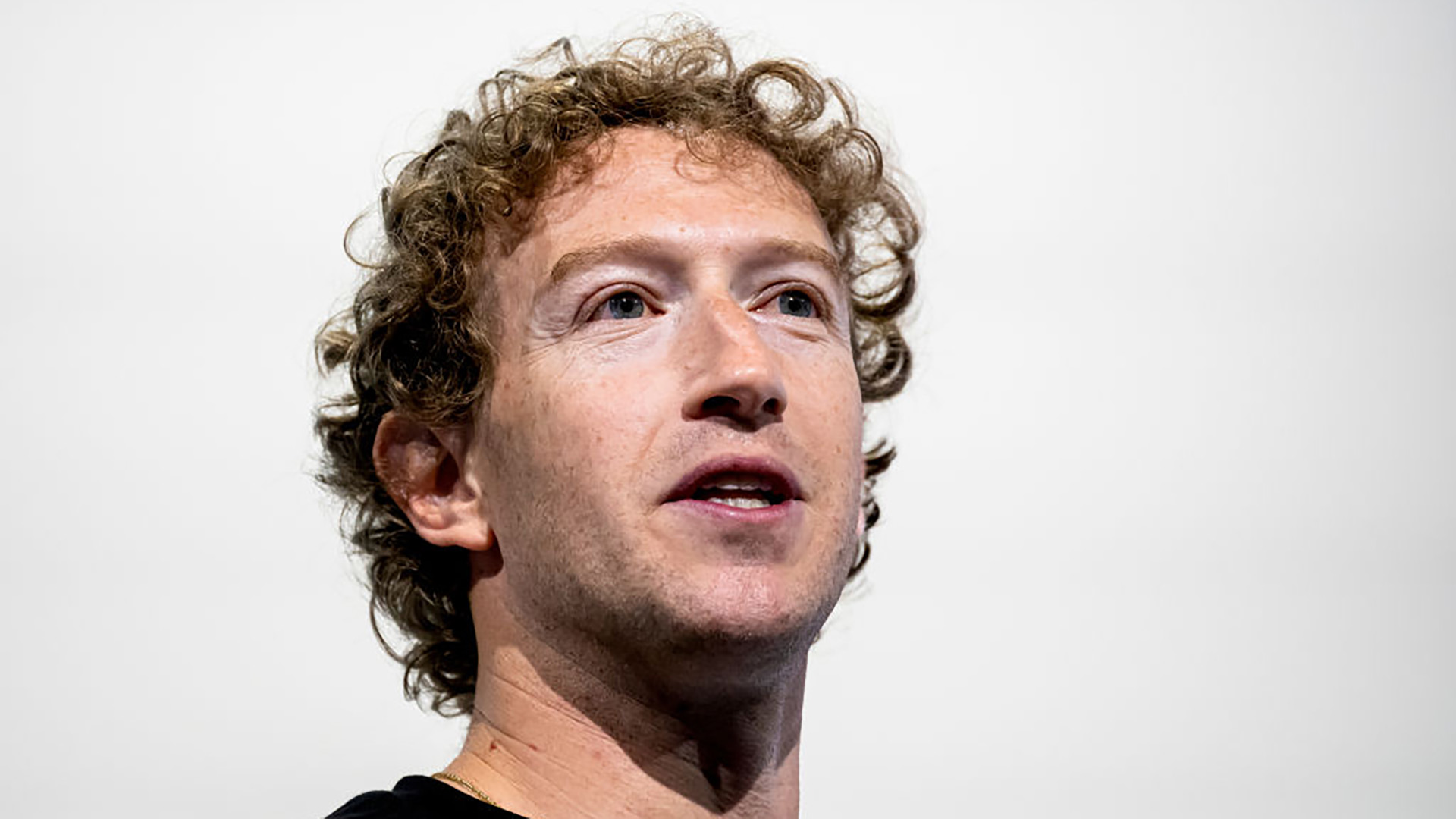 A sign of things to come in software development? Mark Zuckerberg says AI will be doing the work of mid-level engineers this year – and he's not the only big tech exec predicting the end of the profession
A sign of things to come in software development? Mark Zuckerberg says AI will be doing the work of mid-level engineers this year – and he's not the only big tech exec predicting the end of the professionNews The Meta founder thinks 2025 will herald a profound shift in the software engineering profession
-
 Open source AI just got a major seal of approval from US regulators — but will it push developers in the right direction?
Open source AI just got a major seal of approval from US regulators — but will it push developers in the right direction?Analysis Regulators in the US appear very keen on supporting open source AI developers
-
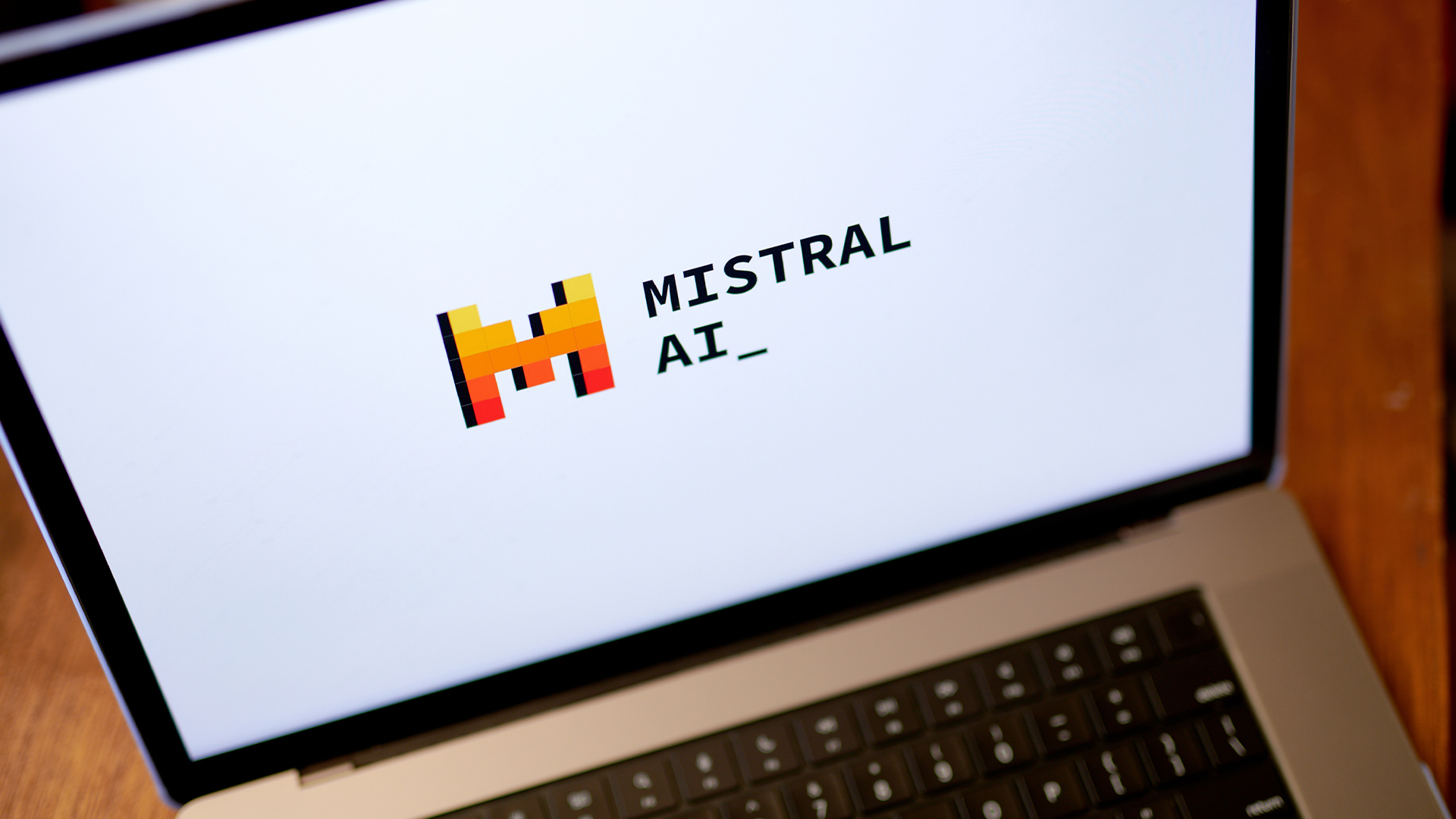 Mistral AI just launched ‘Codestral’, its own competitor to Code Llama and GitHub Copilot — and it’s fluent in over 80 programming languages
Mistral AI just launched ‘Codestral’, its own competitor to Code Llama and GitHub Copilot — and it’s fluent in over 80 programming languagesNews The launch of Codestral marks Mistral AI’s first foray into the coding assistant market, pitting it against major platforms like GitHub Copilot and Code Llama